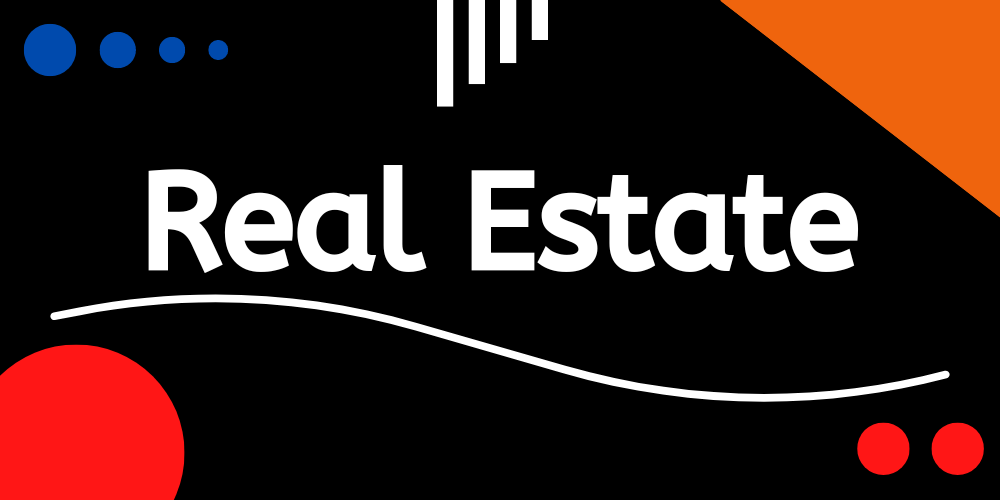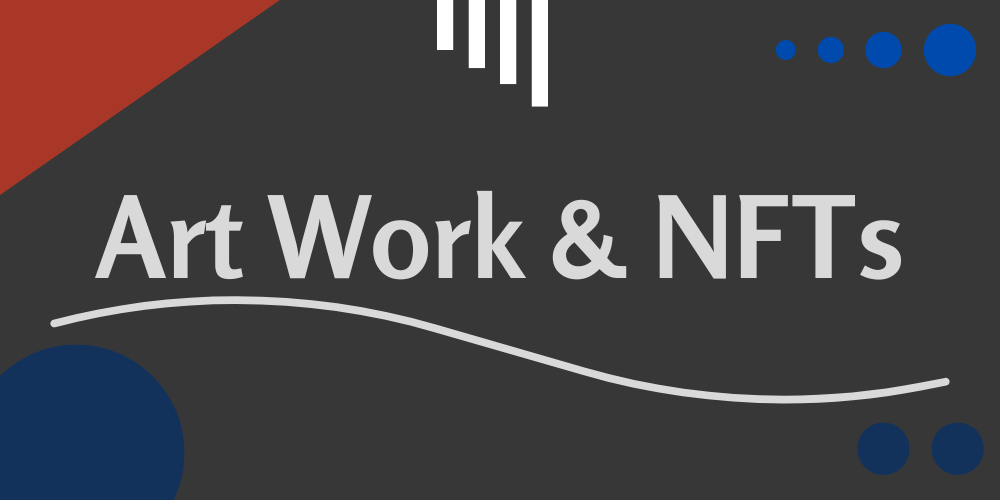Most times, a primary residence or second home has the goal of providing a place to live or a get away with family and friends. In situations such as these it can feel good to know there are no mortgage payments attached. However, if you are a true real estate investor your ultimate concern is the return you will receive on your investment.
Paying all cash for an investment property poses two problems:
1. Low rate of return on your investment.
2. High opportunity cost.
The more cash you put down on a property, the lesser the return on investment is. If your cash is locked into a property it is not working for you. For example: If you put 25% down on a 4 unit property that costs $1,000,000, you are making a $250,000 investment in your property (1,000,000 x 25%). Let’s say you have $10,000 a month in gross rents (rent collected before taxes and expenses) and you are probably netting about $2,000 per month or $24,000 per year in cash flow. This gives you a return of approximately 9.6% ($24,000/$250,000). If you paid all cash and invested the full $1,000,000 in the property, then there is no mortgage. If your cash flow after taxes, insurance, and expenses is approximately $6,100 per month or $73,200 annually, then your return on investment is only 7.32% ($73,200/$1,000,000). A 2.28% difference on your return on investment. And this difference isn't just the first year, it will be realized each and every year you own the property.
The second issue is high opportunity cost.
By paying all cash on that one property you are not following the cardinal rule of investing and that is diversification. Instead, you could have bought 4 different properties, spreading your risk. In addition, having 4 properties appreciating versus 1 can help you achieve exponential returns.
For example: If you only bought one property for $1,000,000 all cash and 10 years from now it’s worth $2,000,000 you would have gained $1,000,000 or a 100% return on the equity.
However, if you would have bought 4 properties worth $1,000,000 each and then in 10 years they are all worth $2,000,000 each that would be $8,000,000 total value ($2,000,000 x 4) and you would have gained 700% (($8,000,000-$1,000,000)/$1,000,000).
That’s the power of leverage and what the right lender can help you maximize.
*The above illustration is to demonstrate the use of leverage and is for informational purposes only and is not a true case study. Though many people have achieved similar returns through leverage, or “not putting all your eggs in one basket”, this is not a promise nor guarantee of returns. Your individual results may be different. Investing in any asset involves risk and you should therefore consult legal, tax and financial experts before investing.
Most times, a primary residence or second home has the goal of providing a place to live or a get away with family and friends. In situations such as these it can feel good to know there are no mortgage payments attached. However, if you are a true real estate investor your ultimate concern is the return you will receive on your investment.
Paying all cash for an investment property poses two problems:
1. Low rate of return on your investment.
2. High opportunity cost.
The more cash you put down on a property, the lesser the return on investment is. If your cash is locked into a property it is not working for you. For example: If you put 25% down on a 4 unit property that costs $1,000,000, you are making a $250,000 investment in your property (1,000,000 x 25%). Let’s say you have $10,000 a month in gross rents (rent collected before taxes and expenses) and you are probably netting about $2,000 per month or $24,000 per year in cash flow. This gives you a return of approximately 9.6% ($24,000/$250,000). If you paid all cash and invested the full $1,000,000 in the property, then there is no mortgage. If your cash flow after taxes, insurance, and expenses is approximately $6,100 per month or $73,200 annually, then your return on investment is only 7.32% ($73,200/$1,000,000). A 2.28% difference on your return on investment. And this difference isn't just the first year, it will be realized each and every year you own the property.
The second issue is high opportunity cost.
By paying all cash on that one property you are not following the cardinal rule of investing and that is diversification. Instead, you could have bought 4 different properties, spreading your risk. In addition, having 4 properties appreciating versus 1 can help you achieve exponential returns.
For example: If you only bought one property for $1,000,000 all cash and 10 years from now it’s worth $2,000,000 you would have gained $1,000,000 or a 100% return on the equity.
However, if you would have bought 4 properties worth $1,000,000 each and then in 10 years they are all worth $2,000,000 each that would be $8,000,000 total value ($2,000,000 x 4) and you would have gained 700% (($8,000,000-$1,000,000)/$1,000,000).
That’s the power of leverage and what the right lender can help you maximize.
*The above illustration is to demonstrate the use of leverage and is for informational purposes only and is not a true case study. Though many people have achieved similar returns through leverage, or “not putting all your eggs in one basket”, this is not a promise nor guarantee of returns. Your individual results may be different. Investing in any asset involves risk and you should therefore consult legal, tax and financial experts before investing.












